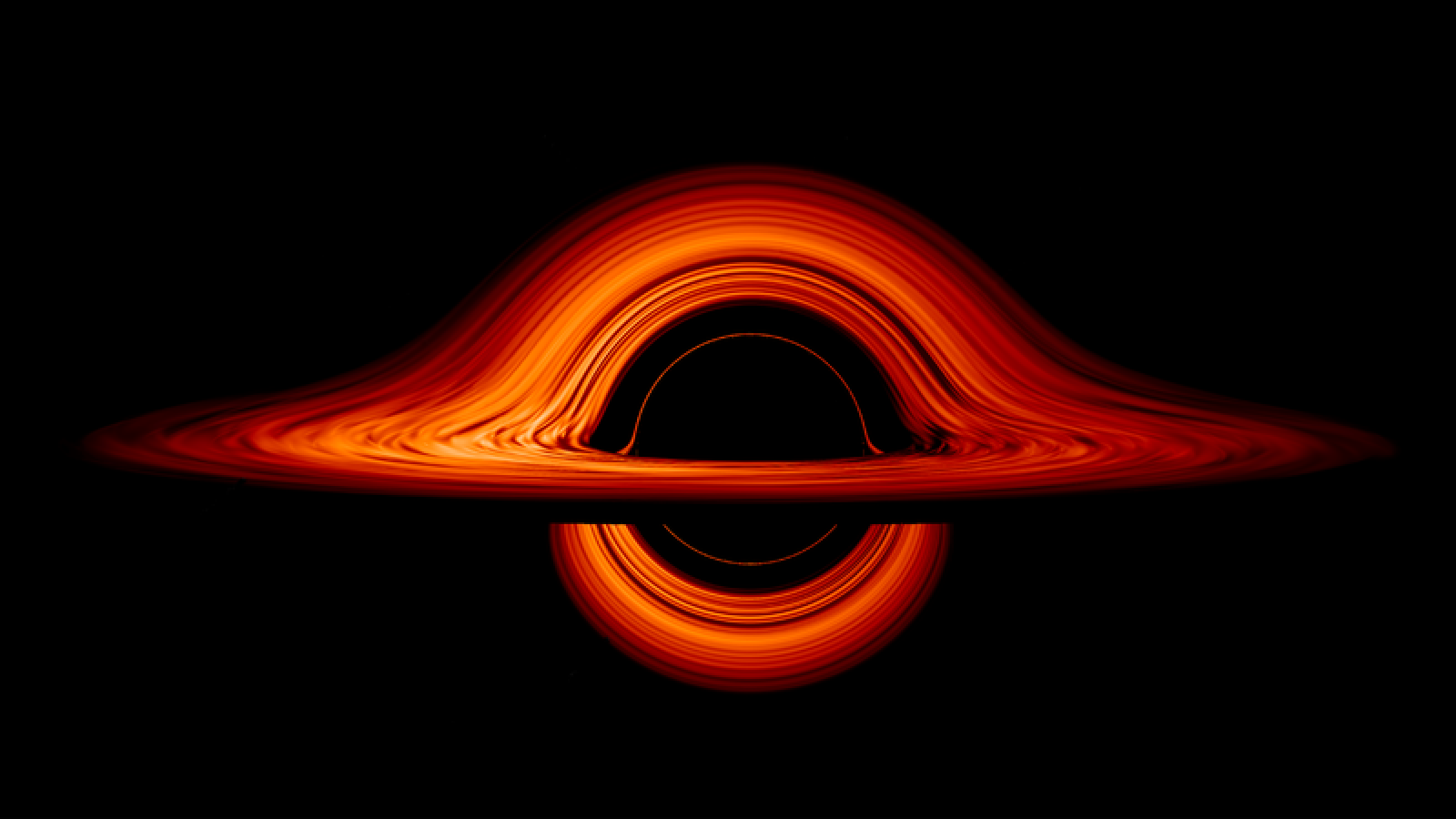The mystery of the singularity at the center of black holes solved? ⚫
Follow us on Google News (click on ☆)
Traditional black holes, according to Einstein's theory of general relativity, contain a singularity, a point where the laws of physics cease to apply. These singularities pose a major problem in theoretical physics, as they indicate a limit to our understanding of the Universe.
A team from the Institute of Cosmos Sciences at the University of Barcelona recently published a study in Physics Letters B, demonstrating how classical black holes can form without the need for exotic matter. This breakthrough relies on an infinite series of higher-order gravitational corrections, thereby eliminating the singularity.
Unlike previous models, which required the existence of exotic matter to explain black holes without singularities, this new approach shows that pure gravity, without additional matter fields, can generate these cosmic objects. This discovery significantly simplifies the conditions necessary for their formation.
The researchers also explored the thermodynamic properties of these black holes, finding that they adhere to the first law of thermodynamics. This consistency strengthens the credibility of the results and opens new perspectives for the study of black holes in various astrophysical scenarios.
The team plans to expand their work and explore the implications of their findings. They hope to better understand how these black holes form and what happens to the matter that falls into them.
This study represents a significant advance in our quest to understand the quantum nature of gravity and the true structure of spacetime. It could also have major implications for theoretical physics and astrophysics.
The researchers continue to explore the implications of their discoveries, with the hope of unveiling new aspects of our Universe. Their work could well change our understanding of black holes and quantum gravity.
What is a singularity in physics?
A singularity is a point where the laws of physics as we know them cease to apply. In the context of black holes, a singularity is a point of infinite density and gravity.
These singularities pose a major problem for physicists, as they indicate a limit to our understanding of the Universe. They suggest that our current theories, such as general relativity, are incomplete.
Resolving singularities is one of the major goals of modern theoretical physics. Researchers hope that the theory of quantum gravity will provide a complete description of these phenomena.
The modeling of black holes without singularities by the University of Barcelona team represents an important step in this quest. It shows that pure gravity can eliminate these singularities, opening new pathways to understanding the Universe.
How could quantum gravity resolve singularities?
Quantum gravity is a developing theory that seeks to unify quantum mechanics and general relativity. It aims to describe gravitational phenomena at extremely small scales, where quantum effects become significant.
One of the main motivations for developing a theory of quantum gravity is to solve the problem of singularities in black holes. These points of infinite density are incompatible with the principles of quantum mechanics.
The work of the University of Barcelona team shows that higher-order gravitational corrections, predicted by quantum gravity, can eliminate singularities. This suggests that quantum gravity could provide a complete description of black holes.
This discovery opens new perspectives for theoretical physics. It could help us understand not only black holes but also the fundamental structure of spacetime.
